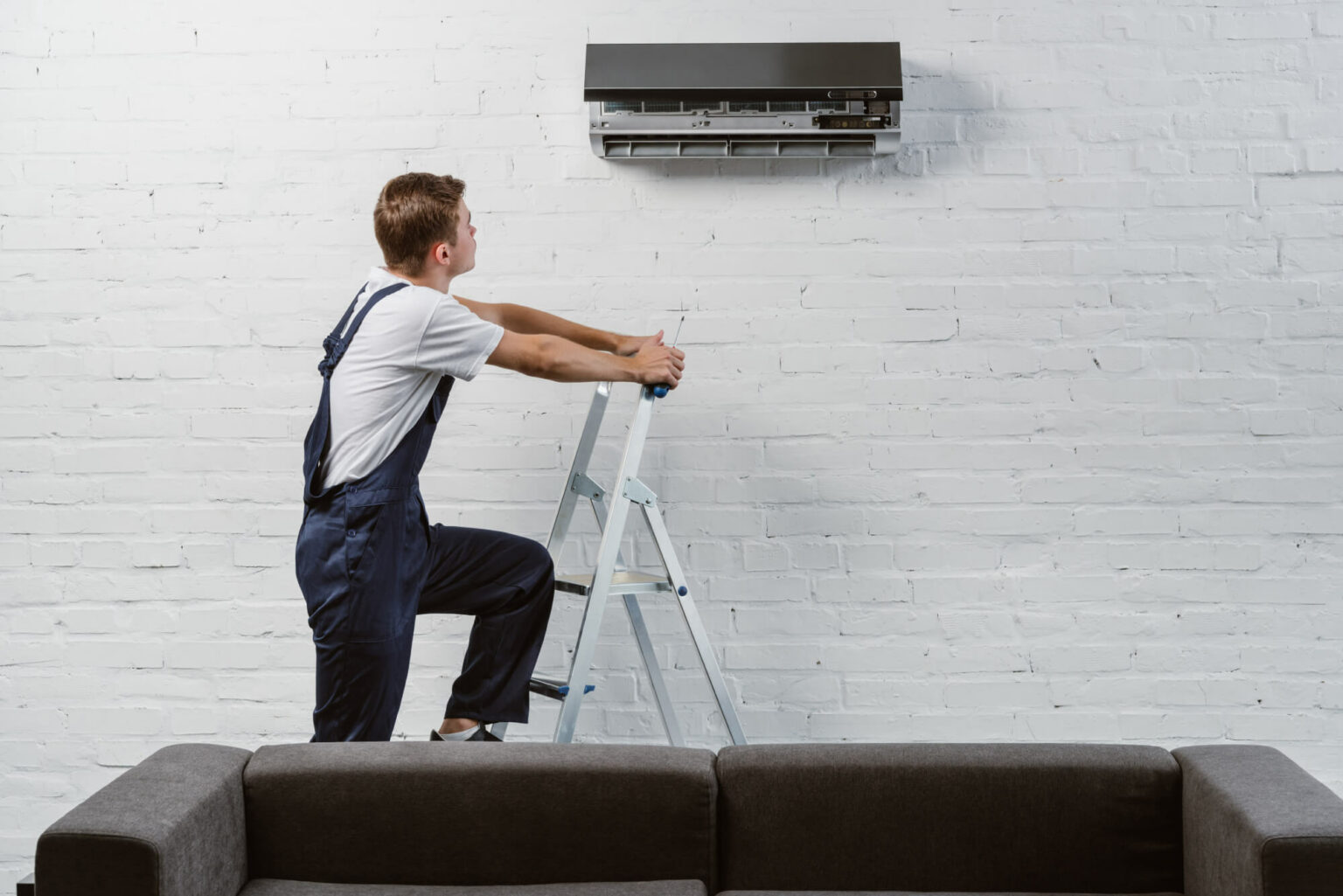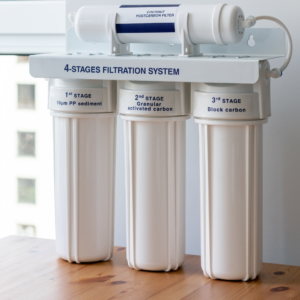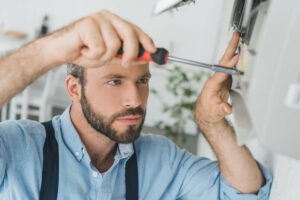As the backbone of your home’s heating and cooling system, a heat pump plays a crucial role in maintaining indoor comfort year-round. However, like any mechanical system, heat pumps are susceptible to various issues that can disrupt their efficiency. In this blog, we will explore some of the most common heat pump problems and provide practical tips on how to avoid them.
- Inadequate Heating or Cooling:
- Problem: One of the most frequent complaints is insufficient heating or cooling. This can be caused by issues like a dirty air filter, refrigerant problems, or a malfunctioning thermostat.
- Prevention: Regularly check and replace air filters, schedule professional maintenance to ensure proper refrigerant levels, and calibrate your thermostat for accurate temperature control.
- Frozen Coils:
- Problem: Frozen coils can restrict the heat pump’s ability to function. This issue is often linked to airflow problems, refrigerant issues, or a malfunctioning defrost control.
- Prevention: Keep the area around the outdoor unit clear of debris, ensure proper airflow by regularly cleaning filters, and schedule routine maintenance to identify and address refrigerant issues promptly.
- Short Cycling:
- Problem: Short cycling occurs when the heat pump frequently turns on and off. This can lead to increased wear and tear on the system.
- Prevention: Address issues such as incorrect thermostat settings, dirty filters, or oversized units. Consult with a professional to determine the right size for your home.
- Strange Noises:
- Problem: Unusual sounds, such as grinding, banging, or squealing, can indicate mechanical issues within the heat pump, such as loose components or worn-out parts.
- Prevention: Regularly inspect the unit for loose or damaged parts, and schedule professional maintenance to address potential issues before they escalate.
- Thermostat Problems:
- Problem: Incorrect thermostat readings or malfunctions can lead to temperature inconsistencies and increased energy consumption.
- Prevention: Calibrate the thermostat regularly, replace batteries as needed, and invest in a programmable thermostat for optimal control over your heating and cooling settings.
- Leaking Refrigerant:
- Problem: Refrigerant leaks can compromise the heat pump’s efficiency and lead to inadequate heating or cooling.
- Prevention: Schedule professional inspections to detect and repair any refrigerant leaks promptly. Regular maintenance can help identify and address potential issues before they become major problems.
Conclusion:
Preventing common heat pump problems involves a combination of regular maintenance, timely repairs, and conscientious homeowner practices. By staying proactive and addressing issues promptly, you can ensure that your HVAC system operates at peak efficiency, providing reliable heating and cooling throughout the year. If you encounter persistent problems, it’s always advisable to consult with a professional HVAC technician to diagnose and resolve issues effectively.





